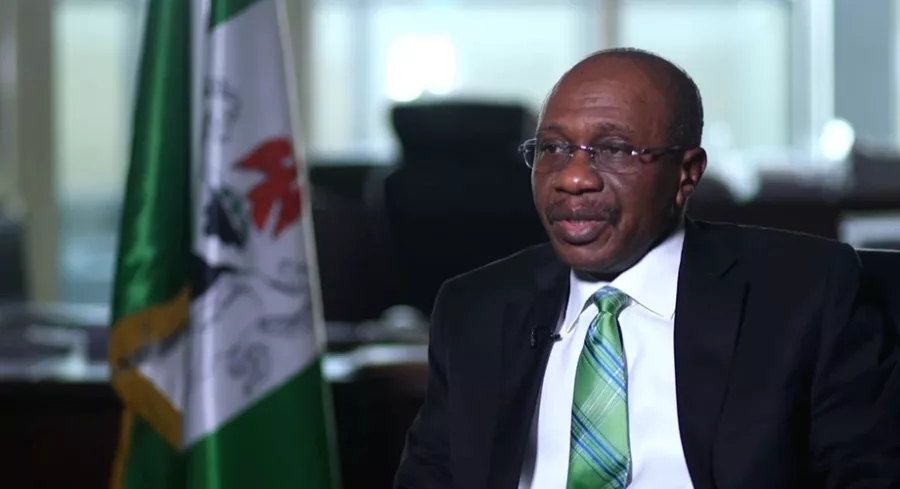The Nigerian Central Bank has stated that its development financing intervention will continue to assist the economy’s growth, despite warnings by international financial institutions for it to slow down.
Godwin Emefiele, the Governor of the Central Bank of Nigeria, stated this while reading the communiqué after the inaugural Monetary Policy Committee meeting in Abuja yesterday.
Emefiele was responding to the International Monetary Fund’s recent Article IV report on Nigeria, in which the IMF encouraged the CBN to reduce its credit intervention programs because they are likely to generate market distortions in the long run.
What the CBN governor is saying
The CBN Governor showed how the IMF used intervention to stimulate growth in the past, particularly at the height of the Covid-19 pandemic.
He said, “In 2020, as a result of COVID, the IMF opened its vault to all countries from for the Rapid Credit Facility (RCF) facility loan and Nigeria got the highest in Africa of almost $3.4 billion. It aided us in resolving some of our problems, particularly in the period of COVID. In 2021, when they saw the third wave, they came up to say, they were increasing the special drawing right and we benefit to the tune of above $3billion.”
Emefiele stated that the CBN is a development finance-oriented institution that needs to deploy intervention to achieve the bank’s objectives. He said, “We reiterate the fact that the CBN remains a development finance-oriented central bank and it is normal for an emerging market, a good developing economy to deploy the development finance tools through intervention to support the growth of the economy. I think it is just reasonable that the CBN steps in to support the fiscal to fill that space not through grants but through loans to smallholder farmers, SMEIS and to wake up our manufacturing industries who are dead.”
He argued that the IMF will agree that the over N300billion disbursed to over one million homes helped to catalyse consumption expenditure that has helped Nigeria to return positive in GDP even though GDP is still fragile.
“IMF knows that even our intervention to manufacturing is helping and we have facts to show so,” he added.
What you should know
- Despite rising inflationary pressures in the country, the Monetary Policy Committee agreed to maintain all monetary parameters steady, keeping the benchmark interest rate at 11.5%.
- When asked about the Central Bank’s view for the global economy, Governor Godwin Emefiele said that inflation is projected to rise as a result of rising oil costs, and that it can only be contained if the Russia-Ukraine conflict is resolved as soon as feasible.
- However, the MPC voted unanimously to keep rates unchanged, believing that tightening the interest rate at this time would be counterproductive for the country’s economy, given the global economic uncertainties caused by the Russia-Ukraine standoff.
